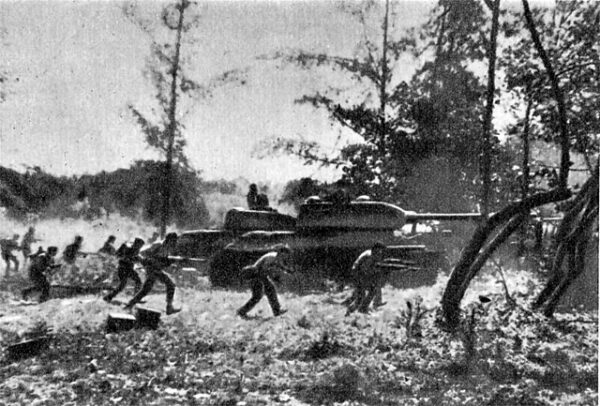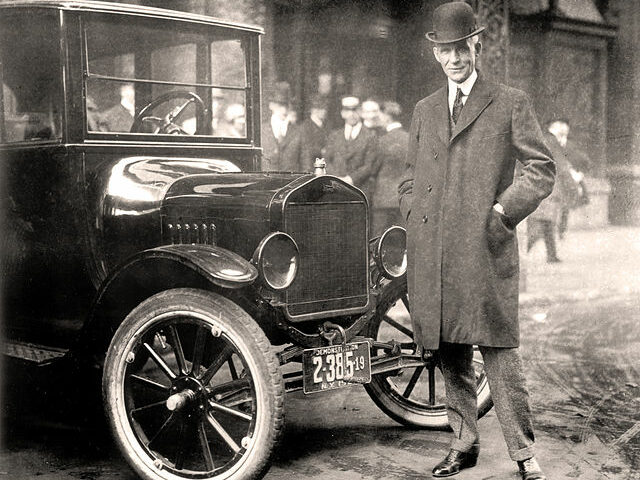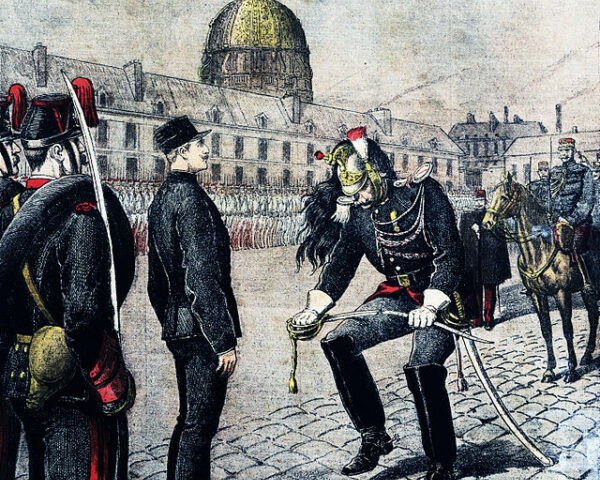The Bay of Pigs Invasion of April 17, 1961, stands as a defining moment in American Cold War history and served as one of the lowest moments in the presidency of John F. Kennedy.
Kennedy launched the clandestine mission with the aim of overthrowing the revolutionary government of Fidel Castro in Cuba. Spearheaded by the Central Intelligence Agency, the operation sought to capitalize on Cuban exiles’ discontent and mount a rebellion against Castro’s regime. The chosen landing site, the Bay of Pigs, was strategically significant for its remote location and perceived vulnerability.
A series of critical miscalculations and errors in planning plagued the invasion. The assumption that the Cuban people would rise up in support of the invading forces proved to be a terrible mistake. This misjudgment stemmed from a failure to grasp the depth of nationalism and revolutionary fervor that Castro’s government had instilled in Cuba. The anticipated popular uprising failed to materialize, leaving the invading brigade isolated and vulnerable.
Moreover, the operation suffered from inadequate air support and logistical coordination, further undermining its prospects for success. The lack of sufficient planning and preparation left the invading forces ill-equipped to contend with the Cuban military, which swiftly repelled the incursion within days. The Bay of Pigs Invasion, far from achieving its objectives, became a humiliating setback for the United States and a propaganda victory for Castro’s Cuba.
The failure at the Bay of Pigs had significant ramifications for American foreign policy and Cold War dynamics. It exposed the limitations of covert intervention and the perils of relying on exiled factions to effect regime change in hostile territories. The debacle prompted soul-searching within the Kennedy administration and led to internal reforms within the CIA.
The invasion also exacerbated tensions between the United States and the Soviet Union, fueling Cold War rivalries and heightening fears of communist expansion in the Western Hemisphere. Castro’s alignment with the Soviet bloc solidified in the aftermath of the failed invasion, which only led to further tensions between the United States and Cuba later in the young president’s term.






